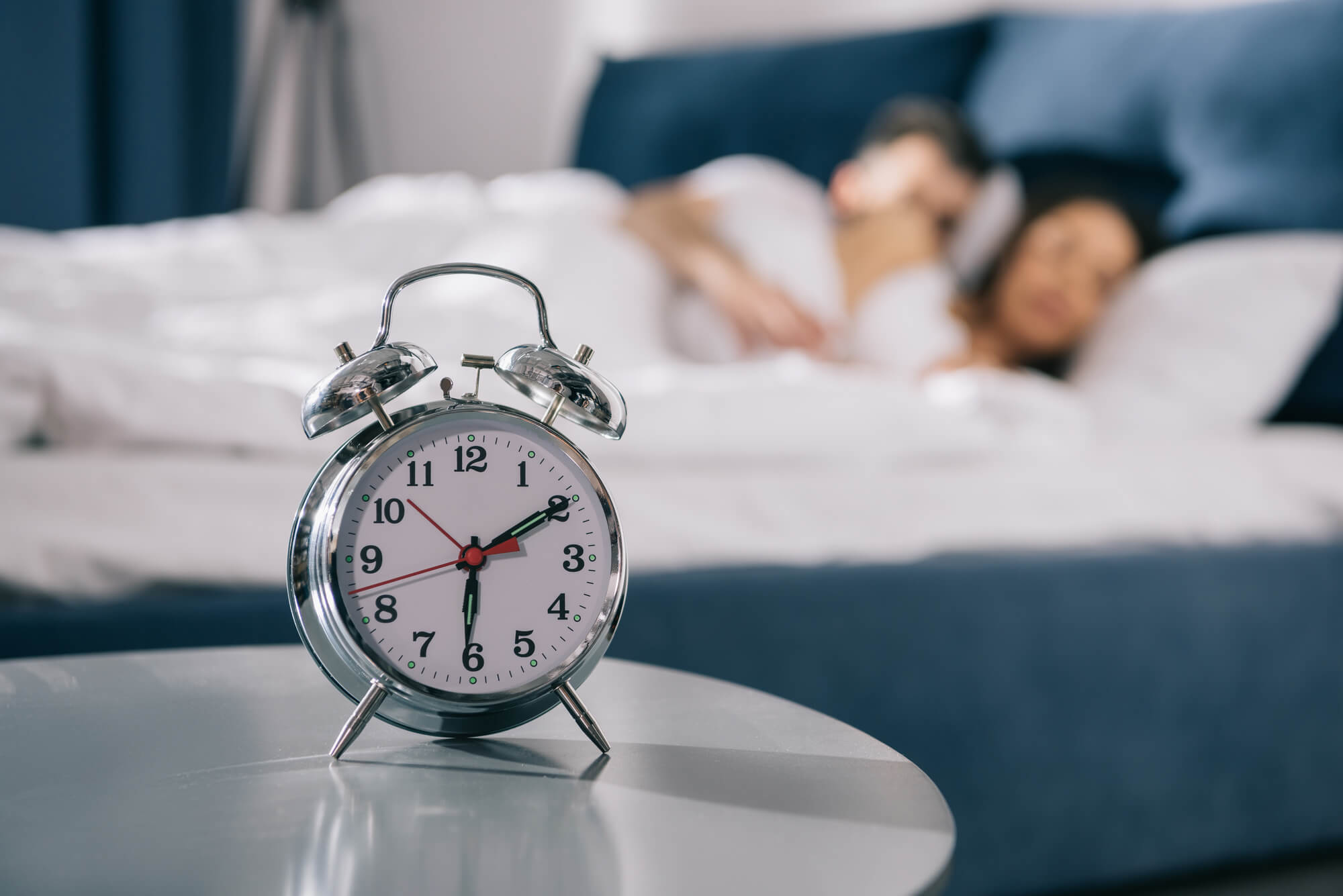It isn’t a health secret that getting a good night’s sleep is beneficial, but what role does your sleep play in your mental health? Studies show that during REM (rapid eye moment) sleep, the individual gains benefits of enhanced learning, memory, and improved emotional health. Sleep disruption, or as we may refer to it ‘a bad night’s sleep’ can lead to a lack of regulation in stress hormones and even impact the brain’s neurotransmitters.
For most of us, it is completely unrealistic to promise a good night’s sleep every night. Life happens, stress happens, and we are bound to have a few nights of bad sleep. There are simply factors to a good night’s sleep that are out of our control, but there are a few things you can start doing to ensure a better night of sleep and support for your health.
Simple Tips to Better Sleep:
- Improve your sleep environment. Take an inventory of things that wake you up in the middle of the night. Are you too hot or too cold? Do certain noises wake you up? Some of these interruptions may be out of your control but if it is as simple as dropping the thermostat a few degrees or changing a bed covering, make the investment. Earplugs are great investments. Try to limit other activities in your bed like lounging, watching tv or working. Your mind needs to associate your bed with sleep.
- Limit substances that impact your sleep. There are a few very common substances that people claim help them sleep, but ultimately do more harm than good. Cigarettes can often be utilised to help relax, but are actually stimulants. An increased heart rate and blood pressure are not helpful when trying to fall asleep. Alcohol is actually a depressant, which makes people think it would be helpful in falling asleep, but alcohol impacts your sleep patterns, so although you may fall asleep quickly, you will not wake up as refreshed in the morning.
- Listen to your body. Although the general guideline is to get an average of 8 hours, remember that it is an average. Especially if you are dealing with additional stress or illness, you may need more sleep then the 8-hour average. In general, it is good to establish a sleep pattern and try to go to bed and wake up at the same time every day, but don’t ignore symptoms of exhaustion.
- Wind down. Your evening routine should be preparing your body to sleep. Turn off your mobile phone at least an hour before bed. Take a warm bath or shower. Have a cup of tea. Write in your journal. Read a book. Whatever makes you feel calm, begin to make it a nightly habit. This is to give your body cues that sleep is coming and allow you to fall asleep faster and more deeply.
Remember that sleep is closely linked to many physical and mental health issues. If you have tried to improve your sleep hygiene and are still struggling to get a good night’s sleep, don’t minimise its importance. Contact your doctor today. It is common to have other stresses in life ‘resurface’ as you are trying to fall asleep. If you would like support from a psychologist with your sleep hygiene, call us on (02) 6262 6157 or book an appointment online.
Related reading:
Are you addicted to your phone?
Modern Ways to Raise a Happy Family
Stress and Stress Response
